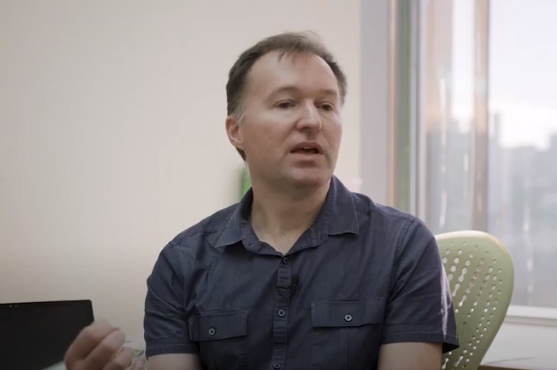Hans AR Bluyssen,
Department of Human Molecular Genetics,
Lab. of High Throughput Technologies,
Adam Mickiewicz University Poznan
Title: The multiple roles of STAT1 in IFN signaling and vascular inflammation: Towards diagnostic potential and therapeutic target.
http://dhmg.amu.edu.pl/team-members/
Hans Bluyssen’ group aims at genome-wide and mechanistic understanding of the STAT- and IRF-dependent signal integration between TLR4 and IFNs (Type I and II) in vascular and immune cells in culture, and in experimental and clinical atherosclerosis.
